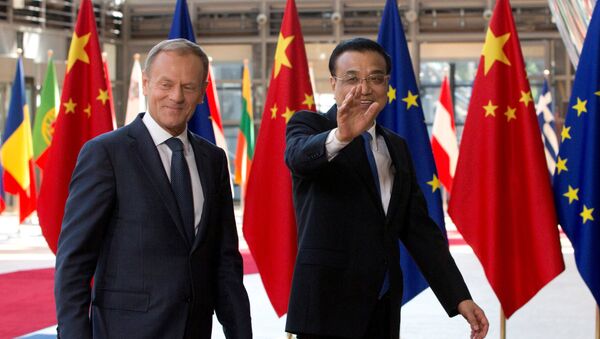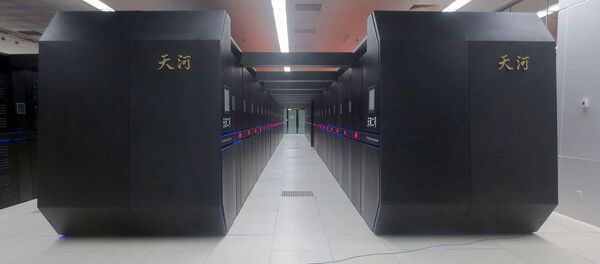On Tuesday, the European Parliament's international trade committee overwhelmingly approved a proposal to amend anti-dumping regulations and better protectEuropeagainst cheap imports from non-EU countries such as China.
The amendment would give the EU greater scope to investigate whether goods are being dumped on the European market at artificially low prices, subsidized by a national government and therefore not adhering to free market rules.
EU heads of state are set to discuss the proposal on Friday, during talks on economics and trade issues.
The new proposal comes after an EU-China summit earlier this month, at which they failed to bridge their differences over trade. Despite China's membership in the WTO, Brussels continues to refuse to recognize the Chinese economy as a market-run rather than state-run economy, a recognition which would allow China to export to the EU at lower WTO tariffs.
The EU has repeatedly imposed anti-dumping penalties on Chinese imports such as steel, most recently in April.

"The Europeans think that, despite their declarations of commitment to free trade, China is a protectionist power in foreign trade which continually prevents the import of European goods with high added value. This is the EU's answer, which is in fact a trade war," Balov said.
"It's not possible to count the losses in grams, euros, or yuan — you have to look at the sectors, the groups of goods. But for sure, if this kind of decision is taken, it will lead to reciprocal measures from the Chinese. Therefore, the EU and China again have to come to an agreement. It is a standoff? It will become one if the EU takes such a decision. For now, I think China is winning in this confrontation. Until recently, the EU, had acquiesced."
"The reality is that it's not that important for China whether they recognize the market status or not. The reason is that China remains the world's biggest industrial power, its products are highly competitive and the range of high-tech products is constantly growing," Bian said.
"Today, the Europeans are not importing Chinese goods because China asks them to, but because they need them. The European economy is experiencing some difficulties, in many cases European goods can't compete with Chinese goods. That's why the EU is trying to impose protectionist measures in order to slow the growth rate of Chinese industry. However, in the long term this will have a boomerang effect on Europe's own development."
"If we look at the history of Chinese reform and the opening up of the economy, the speed of China's development grew despite increasing international competition. That's why these mistaken protectionist measures can bring only a short-term victory, but they can't improve the competitiveness of European enterprises."




